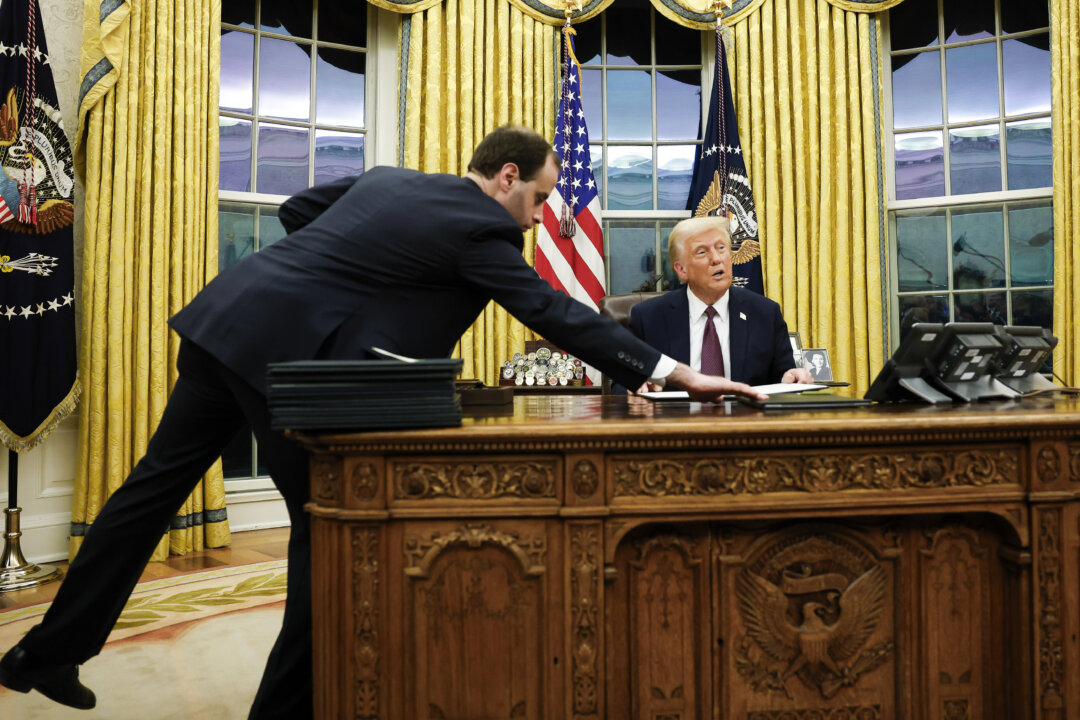President Donald Trump, shortly after taking the oath of office, made a decisive move by halting U.S. foreign aid for 90 days. This suspension is aimed at reevaluating whether these aid programs reflect and serve American interests effectively.
The executive order, signed by Trump, mandates all department and agency heads to immediately stop any new financial commitments and distributions related to development assistance funds. The White House’s statement explains that current U.S. foreign policy may not align with American interests and could even oppose American values.
The order suggests that certain foreign aid programs might destabilize world peace by encouraging ideas that contradict the principles of harmonious international relations.
The administration’s policy clearly states that no U.S. foreign assistance should continue unless it aligns with the President’s foreign policy vision. The scope of this order leaves some ambiguity, as it does not specify which countries, programs, or organizations might be impacted.
Trump’s directive includes a review process to assess the efficiency of these programs and their compliance with U.S. foreign policy goals. The Office of Management and Budget (OMB) has been tasked with enforcing the pause, allowing Secretary of State Marco Rubio’s office the ability to waive certain rules for specific programs.
If necessary, funding for particular foreign aid initiatives can resume before the 90-day review period ends, provided a thorough assessment supports their continuation.
Throughout his political career, Trump has consistently voiced concerns about the excessive foreign aid provided by the U.S., arguing that many international agreements disproportionately benefit other countries.
In 2018, during a United Nations assembly, Trump emphasized that the U.S. was the largest foreign aid donor while receiving little in return.
He stressed that future foreign assistance would only be given to those who respect American values and are considered allies. Moreover, he called for other nations to contribute fairly to their defense expenses.
Trump has also urged NATO allies, of which the U.S. is a founding member, to increase their defense spending. He mentioned at a Florida press event that these countries should allocate 5 percent of their budget to defense, rather than the current 2 percent.
This push for financial responsibility among allies is in line with Trump’s broader strategy of ensuring that international partnerships are mutually beneficial.
The last official report on foreign aid under the Biden administration, dated December 2023, reveals that $68 billion had been allocated for various international programs. These initiatives, spanning 204 countries and regions, include disaster relief, health services, and pro-democracy efforts.
Notably, countries in the Middle East and North Africa, such as Israel, Egypt, and Jordan, are among the largest recipients of U.S. aid, receiving billions annually.
The Associated Press has provided additional insights into this topic, highlighting the complexities and geopolitical implications of U.S. foreign aid policies.
As the review unfolds, it remains to be seen how these changes will reshape America’s role on the world stage and the balance of international relations. The decision underscores a significant shift in the U.S. approach to foreign assistance, reflecting Trump’s vision of a more pragmatic and reciprocal international engagement.







You must be logged in to post a comment Login